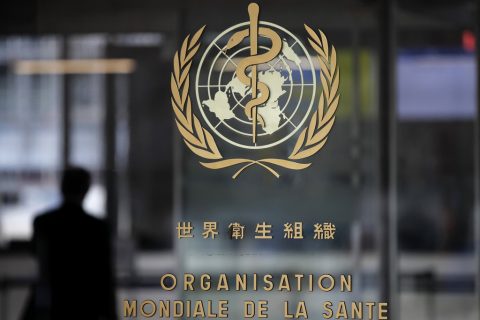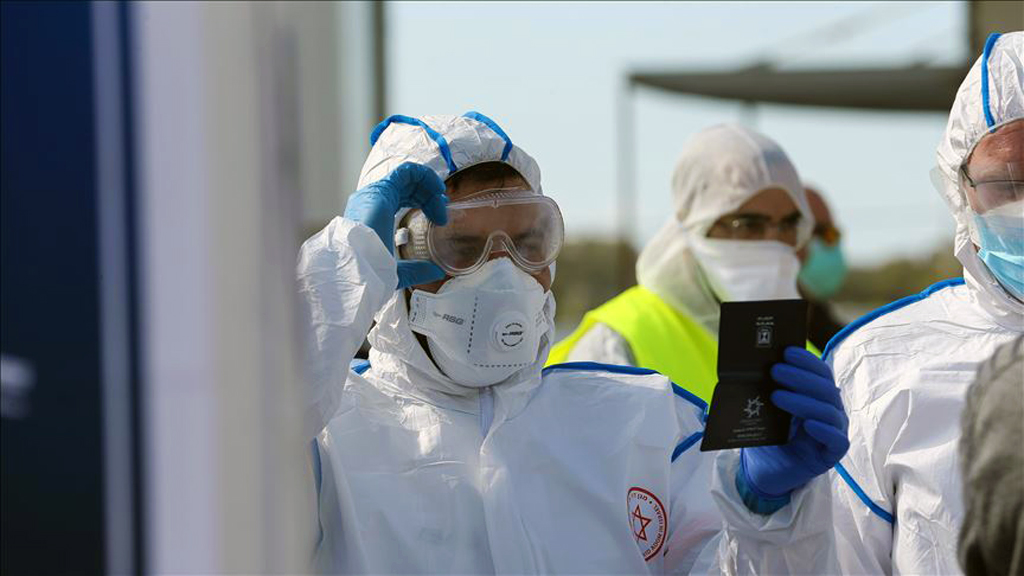SARS Coronavirus | SARS-CoV

Death, inequality, recession: The COVID-19 mirror
| OpinionIt has been almost a year since the declaration of the coronavirus outbreak as a …
-
Opinion
Death, inequality, recession: The COVID-19 mirror
By Kılıç Buğra KanatIt has been almost a year since the declaration of the coronavirus outbreak as a pandemic. It was one of the most tragic years in history. Millions were infected by the virus, and hundreds of thousands of people lost their lives. It traumatized tens of millions of people around the world.
-
Opinion
2020: A year of crisis for US, China and WHO
By Kılıç Buğra KanatA year ago, the world was expecting different things from the year 2020. There were already too many unknowns about world affairs. U.S. President Donald Trump and his presidential style generated too many uncertainties about U.S. foreign policy and international relations.
-
Opinion
If we forget COVID-19 outbreak…
By Kılıç Buğra KanatSooner or later life will return to normal, but that shouldn't mean forgetting coronavirus lessons
Bu Konuda Daha Fazla
-
What went so terribly wrong in the US?
By Kılıç Buğra KanatFor many, one would assume the U.S. was the country best prepared for a pandemic like that of the coronavirus. As the global superpower, possible threats posed against it are expected to be well studied and researched. Indeed, they have been. For the last 20 years, the potential impact of a contagious disease on national security has been the subject of various intelligence and security assessments.
-
US’ virus strategy fails to curb impact
By Kılıç Buğra KanatThere is no clear and credible scientific data available yet to indicate when the coronavirus will end. There are some projections and more speculations about it. For some, it may wind down by the end of summer; for others it will end only to make a stronger comeback in fall. In the last two months, different people from the U.S. administration have provided a different set of projections. U.S. President Donald Trump, who once said, “It’s going to disappear. One day, it’s like a miracle, it will disappear” seems to have adopted a cautious perspective about a potential timeline. He now believes the crisis may continue until the end of summer.
-
Coronavirus pandemic worse than we think
By Kılıç Buğra KanatSince the spread of the coronavirus worldwide, many have argued that the response will influence various dimensions of the international system.
-
The pandemic that haunts the world
By Kılıç Buğra KanatSince the emergence of the coronavirus epidemic in different parts of the world, many have argued that the response of this epidemic will influence various dimensions of the international system. There were debates about international actors and organizations and their potential role during this epidemic. In this column, for instance, the potential impact of the World Health Organization (WHO) will be discussed.
-
The WHO’s role in managing China virus crisis
By Kılıç Buğra KanatTwo weeks ago in this column, it was stated that the new coronavirus epidemic should serve as a wake-up call for the international community to better prepare for the next outbreak.

















